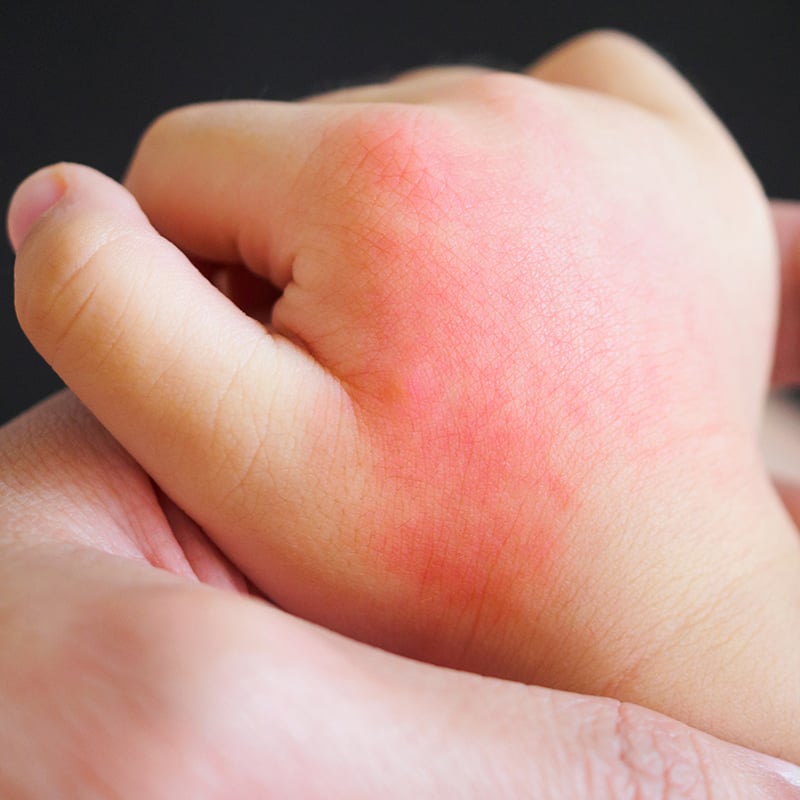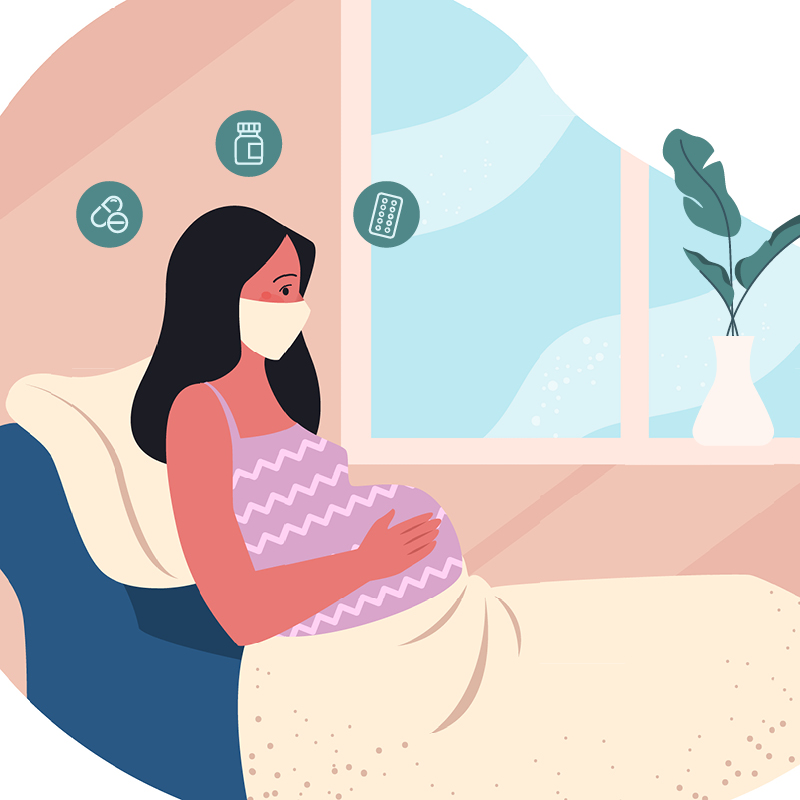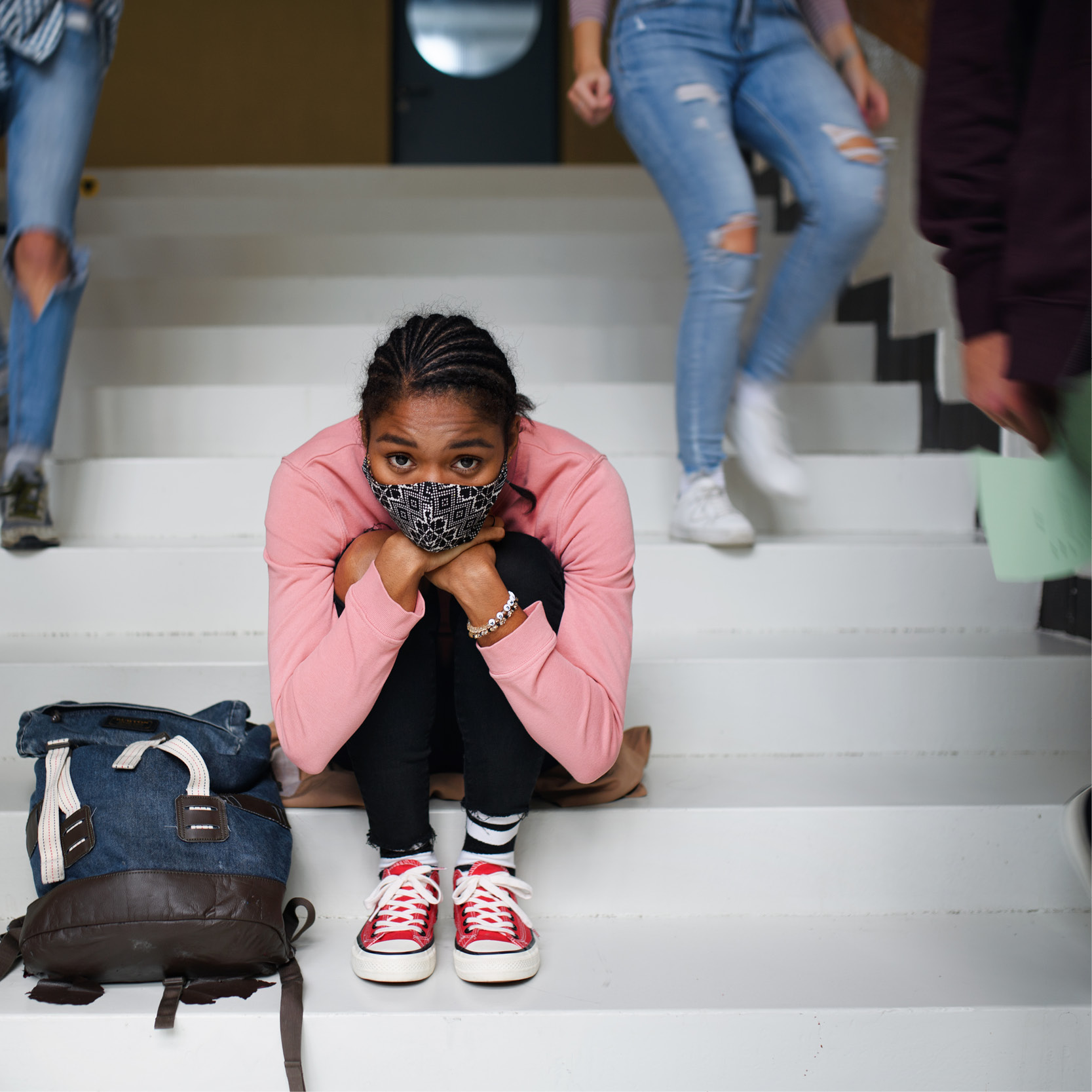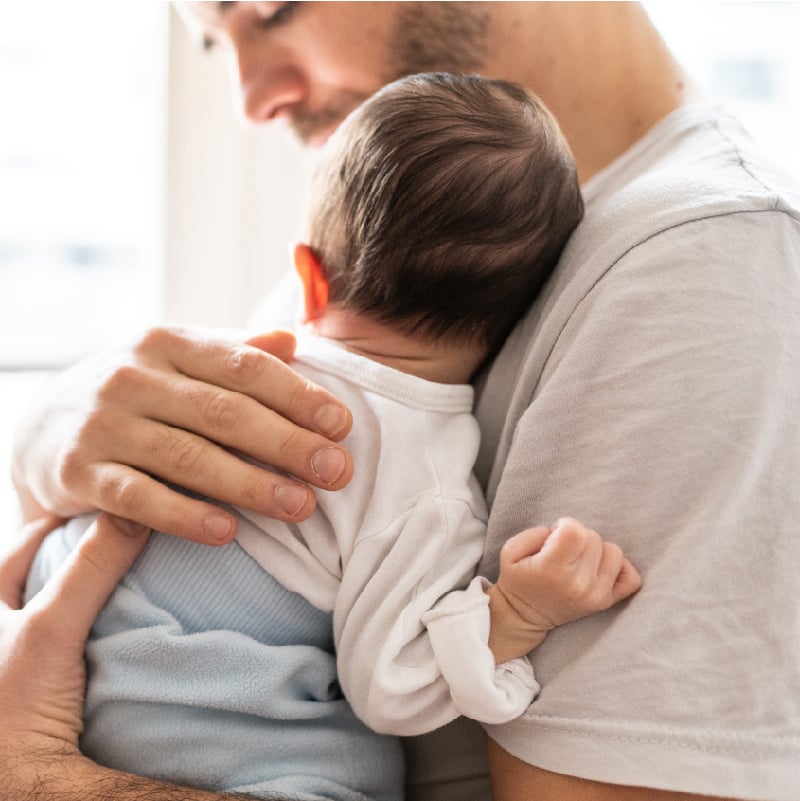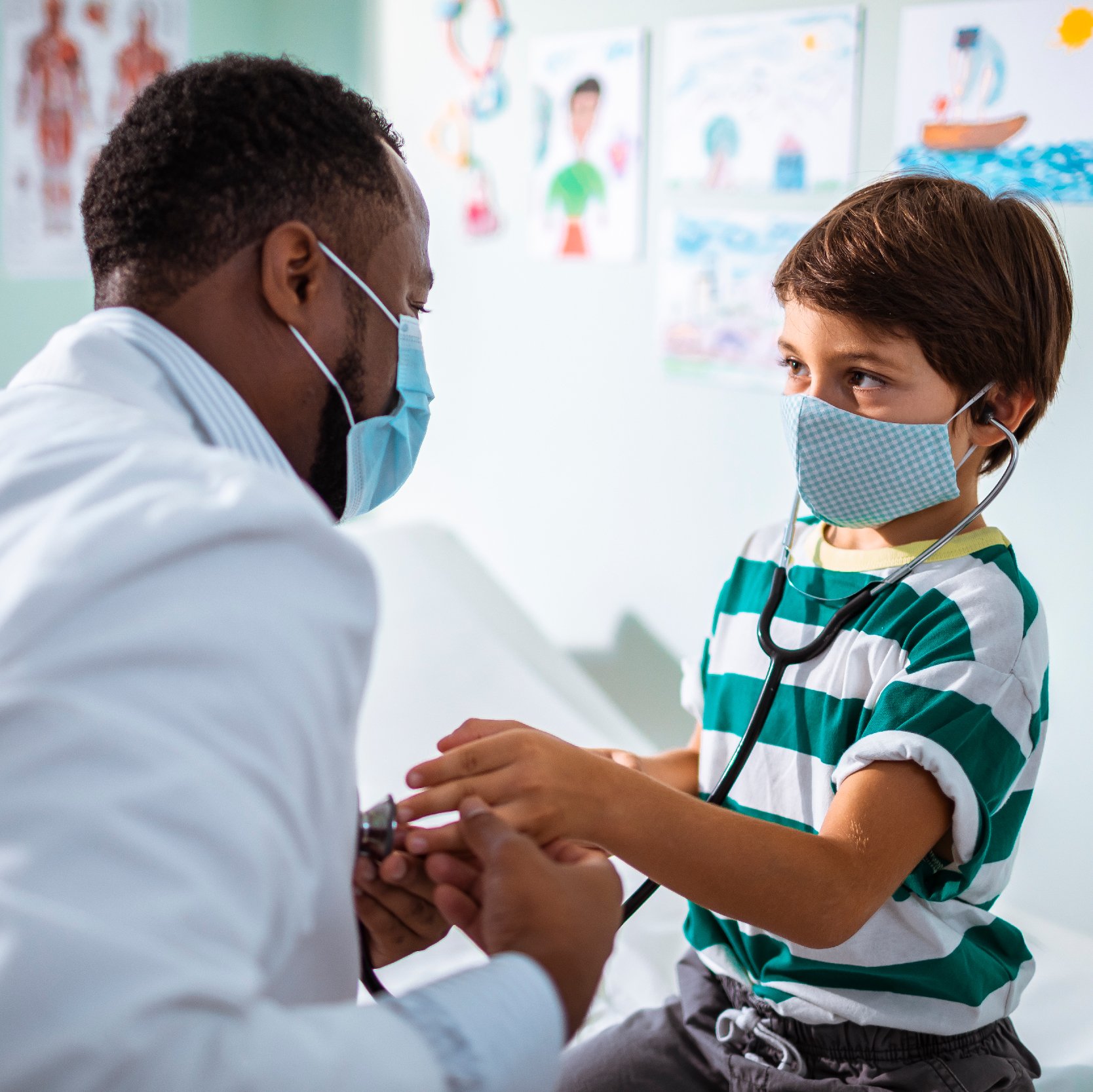The school year is starting up and many children and teens are heading back to in-person classes, after over a year of irregular schooling. As activities and routines begin to pick up their pace, stress can begin to affect both adults and children – sometimes to the point of feeling burnout.
Amanda Lloyd, MD, a physician with Rochester Regional Health’s Bay Creek Pediatrics, points out what to look for with your child and some tips to help if you’re noticing signs of burnout.
Defining burnout
Burnout is more than an attitude or mood. It is a psychological condition induced from chronic stress that is not being managed well. This can stem from feelings of being overwhelmed and a lack of control over the situation.
“We can see it at any age, but we usually talk about it more with adults,” Dr. Lloyd said.
With younger children, burnout can display itself by reverting to behaviors they showed as toddlers or preschool-age children. Some of these include being clingier to parents or caregivers, change in sleep habits and worsening nightmares, thumb sucking, or bathroom accidents.
Teenagers show more signs of burnout through disconnection and isolation. Disruption of typical sleep patterns, lack of interest in their usual activities, isolation from their friends, and changes in appetite can be outward displays of something deeper.
A gradual process
Since this is a condition induced by chronic stress, the way it begins to show up is slow as opposed to sudden. This makes the signals a bit harder to pick up on.
With teenagers, the signs of burnout can look similar to depression or anxiety or substance abuse. These signs are becoming more common with the changes that COVID-19 brought on.
“We’ve had 18 months of instability,” Dr. Lloyd said. “Everyone’s routines are in shambles and teenagers are supposed to be starting to separate from their parents and their families. Now they’ve been more confined, home from school, home from their regular routines and more isolated socially. So, things like that can increase stress and contribute to burnout.”
Helping them through
The best thing you can do as a parent is talk with your children. Start by asking your children how they are feeling and what has been going on in their lives to establish what their baseline is.
Another good reminder for your children (and yourself) is to explain to them that COVID is not forever. Knowing situations have beginnings and ends is comforting, especially when it comes to routines. Reinforcing that knowledge can provided much needed reassurance.
For younger children, setting up a nighttime routine before a school day can help establish a sense of normalcy. Going through what to do when they wake up in the morning before school can do the same thing. Keep a sense of humor- play games with your children, have family time together.
It also helps by setting a good example and showing them how stress is affecting you too.
“Empathy is a powerful tool. Talk about how you feel like things have been a little unstable lately too,” Dr. Lloyd said. “Let your child know they are not alone in their thoughts and emotions.”
Who to reach out to next
Some children will be able to better manage their stress with these ideas in mind. For others, it can take some more effort and possibly different people to help.
Since they will be in school, parents and caregivers can reach out to their child’s teacher or school counselor, or their pediatrician to see if they are noticing similar changes and signs of burnout in your child.
Check in with other family members, your child’s friends or their friends’ parents to see if they are seeing what you are seeing. It will be helpful for you as a parent or caregiver to know whether you are alone or not in seeing these changes in your child.
“There’s always a huge network of people who are available to be helpers and a good source of information about your child,” Dr. Lloyd said.
If you, and/or others, see changes in your child’s behavior, reach out for help. The signs of burnout are very similar to other psychological illnesses- like anxiety and depression, and your child may need outside assistance to cope with those conditions.

